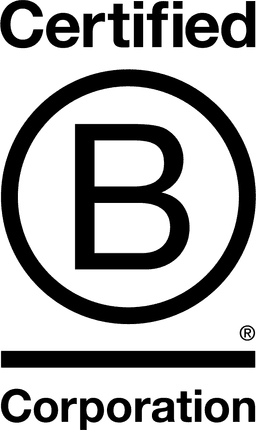

SunGod Ltd

1.6
London Borough of Lambeth, United Kingdom
August 2022
Sports goods
Wholesale/Retail
Switzerland,
United Kingdom
SunGod is a British performance eyewear brand, driven by a mission to See Better. Founded in 2013, with a love for the outdoors, SunGod sees a better future: through their lenses, through their actions, and through doing business better. SunGod is built on 3 "better" pillars: better products, better customer experience, and better for the planet. First up, they create better products - using ultra-durable, high-performance, recyclable materials, to create sunglasses and goggles designed for function, repairability, and durability. Secondly, they offer a better customer experience, with their direct-to-consumer model helping them to build stronger relationships with their customers and understand their needs better. Thirdly, everything SunGod does - from its 1% For The Planet donations to its employee wellbeing programmes, reducing production waste to its unrivalled Lifetime Guarantee - is for its triple bottom line: people, planet and profit. Their business practices are shaped by informed decisions, seeking to do less harm and more good in everything they do.
Overall B Impact Score
Governance 16.9
Governance evaluates a company's overall mission, engagement around its social/environmental impact, ethics, and transparency. This section also evaluates the ability of a company to protect their mission and formally consider stakeholders in decision making through their corporate structure (e.g. benefit corporation) or corporate governing documents.
What is this? A company with an Impact Business Model is intentionally designed to create a specific positive outcome for one of its stakeholders - such as workers, community, environment, or customers.
Workers 28.6
Workers evaluates a company’s contributions to its employees’ financial security, health & safety, wellness, career development, and engagement & satisfaction. In addition, this section recognizes business models designed to benefit workers, such as companies that are at least 40% owned by non-executive employees and those that have workforce development programs to support individuals with barriers to employment.
Community 20.0
Community evaluates a company’s engagement with and impact on the communities in which it operates, hires from, and sources from. Topics include diversity, equity & inclusion, economic impact, civic engagement, charitable giving, and supply chain management. In addition, this section recognizes business models that are designed to address specific community-oriented problems, such as poverty alleviation through fair trade sourcing or distribution via microenterprises, producer cooperative models, locally focused economic development, and formal charitable giving commitments.
Environment 30.9
Environment evaluates a company’s overall environmental management practices as well as its impact on the air, climate, water, land, and biodiversity. This includes the direct impact of a company’s operations and, when applicable its supply chain and distribution channels. This section also recognizes companies with environmentally innovative production processes and those that sell products or services that have a positive environmental impact. Some examples might include products and services that create renewable energy, reduce consumption or waste, conserve land or wildlife, provide less toxic alternatives to the market, or educate people about environmental problems.
What is this? A company with an Impact Business Model is intentionally designed to create a specific positive outcome for one of its stakeholders - such as workers, community, environment, or customers.
Customers 5.5
Customers evaluates a company’s stewardship of its customers through the quality of its products and services, ethical marketing, data privacy and security, and feedback channels. In addition, this section recognizes products or services that are designed to address a particular social problem for or through its customers, such as health or educational products, arts & media products, serving underserved customers/clients, and services that improve the social impact of other businesses or organizations.
What is this? A company with an Impact Business Model is intentionally designed to create a specific positive outcome for one of its stakeholders - such as workers, community, environment, or customers.